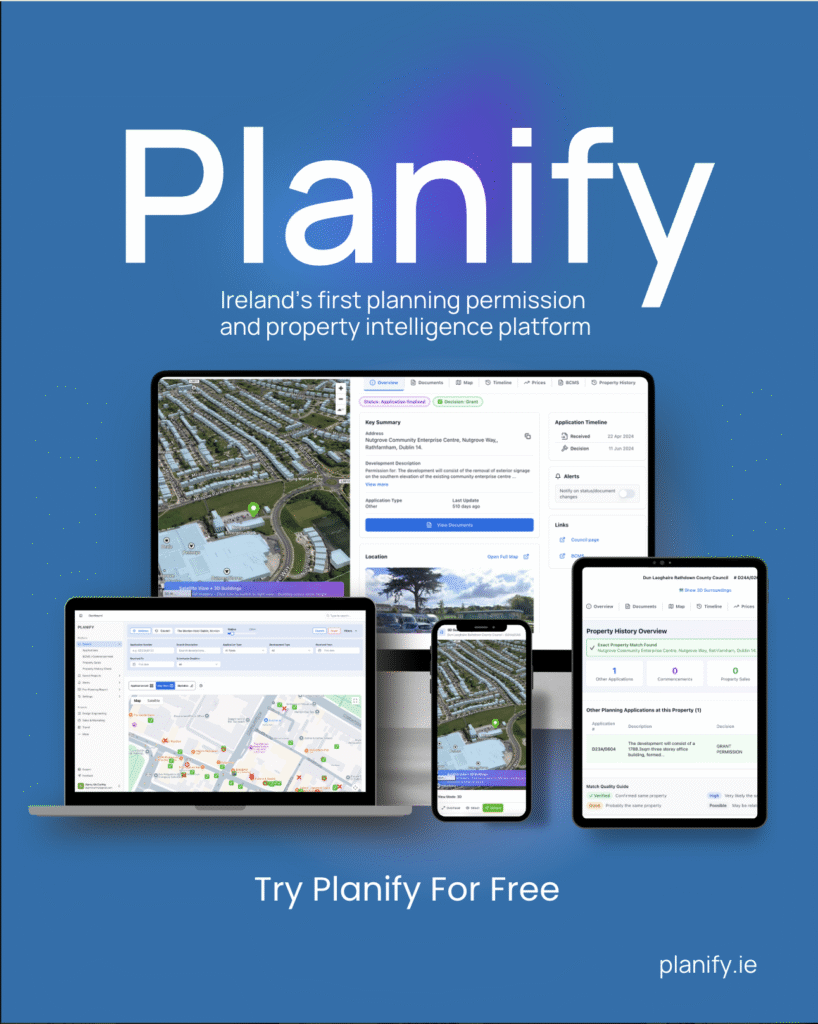Planning Permission Challenges in Ireland’s Factory-Built Housing Sector
Where are all Ireland’s factory-built houses, and how do planning permission rules impact their growth and adoption?
Despite rising demand for affordable and rapid housing solutions in Ireland, factory-built or modular homes remain uncommon compared with their strong potential. Central to this is the evolving landscape of planning permission regulations, which significantly affects how and where such homes can be delivered.
Factory-built homes, constructed off-site under controlled conditions, offer benefits like faster completion times, high energy efficiency, and reduced on-site disruption. However, navigating Ireland’s planning permission process can be complex. While recent reforms have introduced exemptions—for instance, allowing modular units up to 40m² behind existing homes without requiring permission—larger projects still face significant hurdles, including possible requests for environmental impact assessments or issues with material contraventions of local development plans.
The government’s move to allow more flexible installation of smaller modular units responds to housing pressures and the need for adaptable home extensions, such as granny flats, home offices, or studio spaces. These changes reduce red tape and speed up housing scheme approvals for smaller-scale development. However, scaling up factory-built housing to larger developments encounters challenges, particularly concerning flood-risk development areas, environmental considerations, and conflicts with existing local zoning, which often requires individual An Bord Pleanála decisions.
Local and city authorities illustrate the mixed progress. For example, Limerick plans to introduce 2,000 modular homes in the coming years to increase affordable rental supply. These homes primarily target smaller households and promise lower rents than traditional apartments. Yet securing planning permission across multiple potentially flood-prone or environmentally sensitive sites is a critical step before projects can proceed at scale.
Industry stakeholders highlight that the modular housing sector thrives where planning clarity and support are strong. The controlled offsite construction method ensures energy-efficient homes that align with Irish Building Regulations, including high A-rated energy performance standards. Despite these advantages, the sector’s expansion hinges on smoother planning permission paths, especially concerning environmental impact assessments and compliance with material contravention rules within local development plans.
In summary, factory-built housing in Ireland faces a dynamic but challenging environment regarding planning permission. Ongoing legislative reforms offer notable improvements for smaller modular homes, while larger schemes await clearer frameworks and faster An Bord Pleanála decisions. Balancing rapid housing delivery with environmental protection and flood-risk considerations remains key to unlocking the potential of this innovative construction method across Ireland.
Originally reported in on Sun, 26 Oct 2025 07:45:38 +0000. Full story







